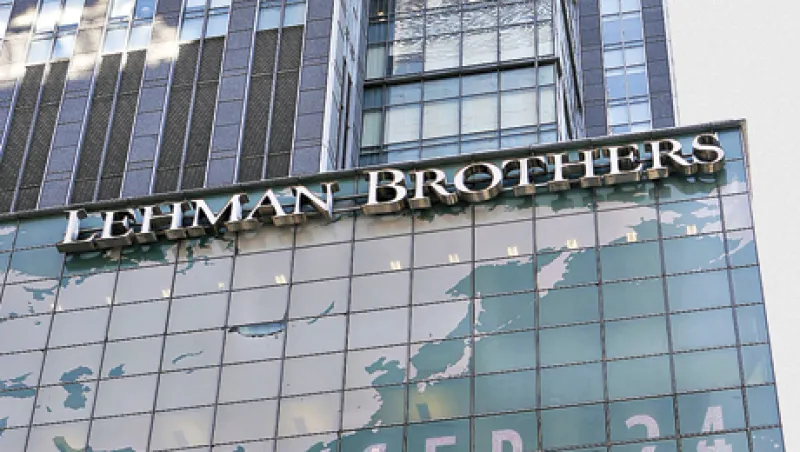You’d think $1.2 billion would be a large enough sum to not go missing for long. But one thing’s becoming increasingly clear: Tracking down the lost funds of MF Global customers won’t be easy. The New York–based broker-dealer collapsed as a result of bets that then-CEO Jon Corzine made on European sovereign debt, filing for bankruptcy on October 31. During the firm’s frantic final days, it looked like some of the missing money might be found at JPMorgan Chase & Co. For its part, the bank has said that it was just a conduit for the funds and is making every effort to assist regulators as they hunt for the missing money. Also, MF Global executives blamed part of the problems leading up to the collapse on the slow delivery of funds from JPMorgan. The bank has said it lost money because of MF Global. As a primary clearing brokerage and major lender, JPMorgan often finds itself playing a central role when a financial services firm collapses. The exact nature of the role JPMorgan played can become a subject of litigation, as it has with the Lehman Brothers bankruptcy. Such litigation offers fascinating insights into how global banking really works.
The situations of MF Global and Lehman are far from identical. Outside of class-action suits, JPMorgan is not involved in any litigation with regard to MF Global. As to the issue of the $1.2 billion in missing funds, JPMorgan was acting as a conduit in the so-called third-party repurchase agreement business. In Lehman’s case, there is litigation stemming from JPMorgan’s actions both as a third-party repo provider and as a lender. Still, MF Global clients should take note: These situations get complex.
Lehman Brothers filed for Chapter 11 on September 15, 2008 — an act that threw the financial markets into free fall. In September 2010, Lehman and the official committee of its unsecured creditors filed suit against JPMorgan, alleging that in the crucial days before Lehman’s Chapter 11 filing JPMorgan “leveraged its life-and-death power as the brokerage firm’s primary clearing bank to force LBHI [Lehman Brothers Holdings Inc.] into a series of one-sided agreements and to siphon billions of dollars in critically needed assets.” Lehman and its creditors are seeking $6.8 billion from the bank.
JPMorgan denies the allegations, saying the agreements it extracted from Lehman were designed to protect itself. JPMorgan has countersued Lehman, presenting itself as a Good Samaritan that lent $70 billion to a bankrupt firm at a time when nobody else would do so. Instead, JPMorgan alleges that with the help of Lehman, Barclays — which bought some of the bankrupt Lehman’s assets out of Chapter 11 — “cherrypicked the securities it wanted, took JPMorgan’s $5 billion in margin, and left behind securities that Lehman claimed were worth billions of dollars — but that Barclays described as ‘toxic waste’ and LBHI described as ‘toxic crap’ as well as ‘goat poo’ to be scattered in ‘other people’s backyards.’ As a result, JPMorgan was stuck with loans to LBI of more than $25 billion secured by many of LBI’s worst securities.”
In September 2011, JPMorgan filed court papers requesting that the case be moved to U.S. federal court — citing a recent controversial Supreme Court ruling concerning the inheritance battle over the estate of deceased Playboy playmate and bodacious bombshell Anna Nicole Smith. The ruling is pending.
Judge James Peck granted Lehman’s request to ask South Korea’s court system for assistance in obtaining testimony from Min Euoo Sung, former chairman and CEO of the Korea Development Bank. The prominent banker, Lehman alleges, can provide valuable information about 2008 investment negotiations between the KDB and Lehman, as well as what information about Lehman’s condition the bank shared with JPMorgan.
Joseph Pizzurro, managing partner with Curtis, Mallet-Prevost, Colt & Mosle in New York and the attorney representing Lehman, says the cases are still very active, with motions to dismiss from both parties still pending, key witnesses still to be deposed, fact discovery ongoing until March and expert discovery proceedings until the summer. A spokesman for JPMorgan declined to comment.






